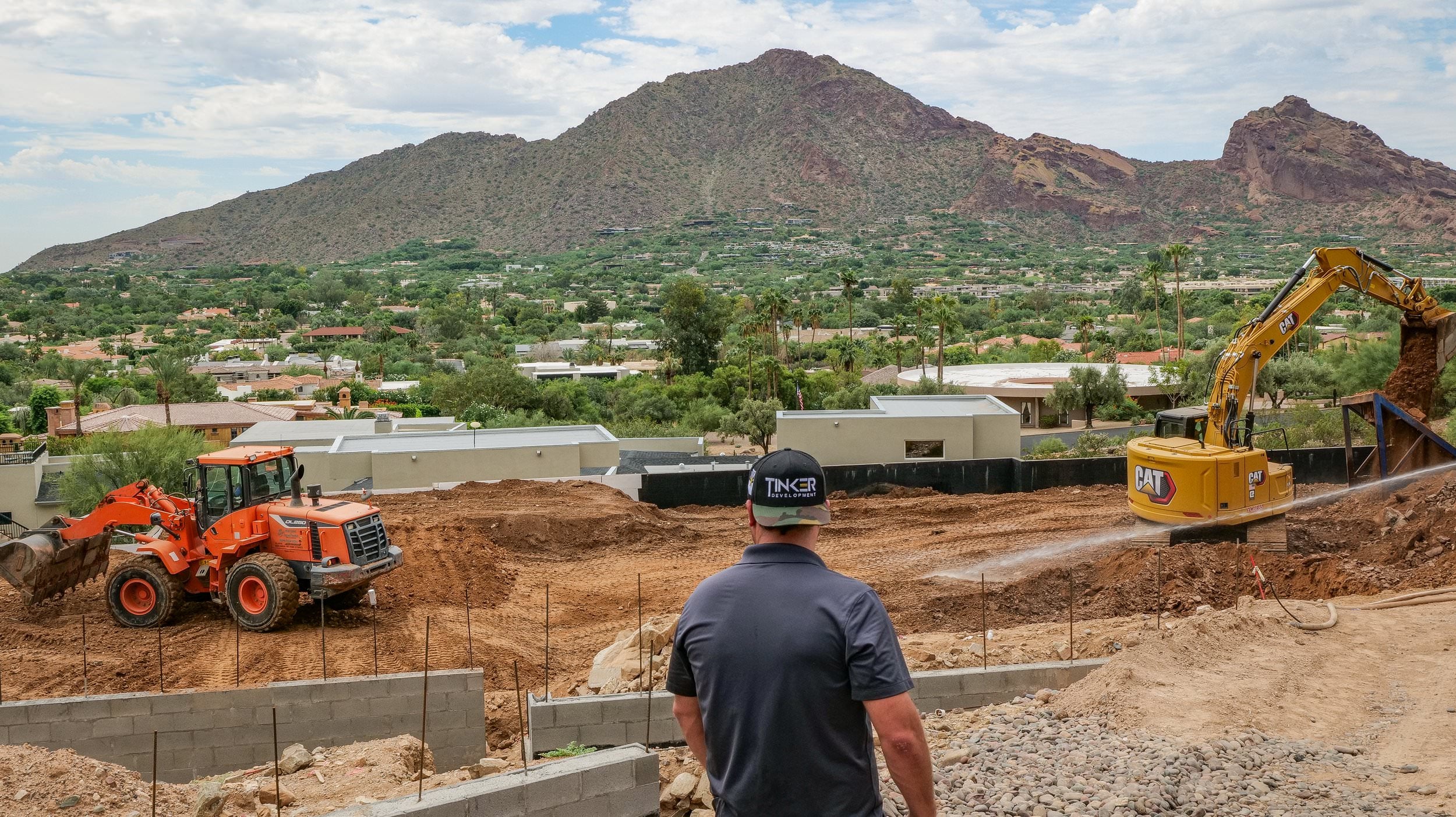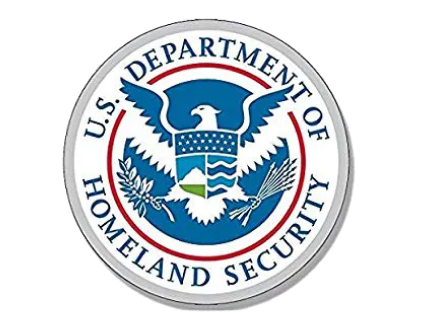How GPS Tracking Helps Landscaping Businesses

Get More Done Without Guesswork
You’ll always know where your crews and trucks are. Plan better, cut down on wasted time, and keep every job on schedule.

Keep Your Tools and Trucks Safe
Your equipment’s expensive—don’t let thieves take it. A GPS tracker alerts you the second something moves when it shouldn’t.

Save Gas and Keep Your Trucks Running Longer
Track how your vehicles are used to cut fuel costs and avoid extra wear and tear. That’s more money in your pocket.
Volume discounts available.
Reviews From Landscaping Clients
Track, Protect, and Optimize Your Landscaping Equipment in Real Time.
Key Features of Landscaping GPS Trackers
Frequently Asked Questions
How Does GPS Tracking Help Protect Mowers And Landscaping Equipment?
GPS trackers show real-time locations and send alerts if equipment moves without permission, helping prevent theft.
Can I Track My Work Trucks And Equipment On The Same App?
Yes, our real time GPS asset trackers let you monitor multiple assets, from trucks to mowers, on a single dashboard.
Where Should I Place A GPS Tracker On A Mower?
Hide it under the seat, on the frame, or near the engine to keep it discreet.
Do GPS Trackers Work In Remote Areas Or Large Job Sites?
Yes, our live GPS trackers use satellite and cellular networks, so they work well even in remote or spread-out locations. As long as you have cell service, you are good to go!
Can GPS Tracking Help Reduce Fuel Costs For Work Trucks?
Yes, you can track routes, reduce idling, and optimize driving habits to cut down on fuel expenses.
Is GPS Tracking Hard To Install On Landscaping Equipment?
No, our GPS tracking devices are easy to install with magnetic mounts. Just slap them mini GPS trackers on any of your equipment and find out everywhere it goes!
Do GPS Trackers Require A Monthly Subscription?
GPS trackers for landscaping equipment have monthly fees because they need SIM cards and cellular data to work. Just like your phone, they use mobile networks to send real-time updates to your app or dashboard. That way, you can always keep an eye on your mowers, trucks, and tools. The subscription covers data and features like geofencing, alerts, and secure storage for your tracking info. These fees make sure the system stays reliable, so you can protect your gear and run your business without worry.
How Can GPS Tracking Help With Employee Accountability?
GPS tracking lets you monitor vehicle routes and stop locations, ensuring crews stay on task during work hours.
How Do I Know If A GPS Tracker Works With My Equipment?
Most trackers are universal and can be installed on any equipment, including mowers, trailers, and trucks.
What Features Should I Look For In A GPS Tracker For Landscaping?
Look for real-time tracking, geofencing, tamper alerts, and weatherproof designs for outdoor use.































